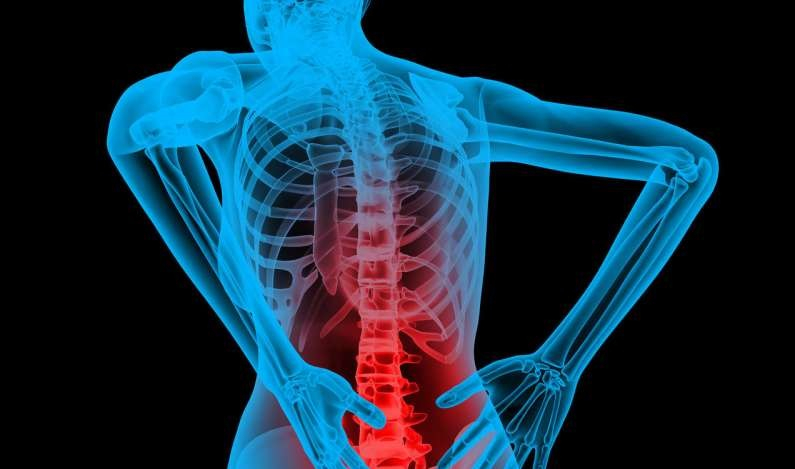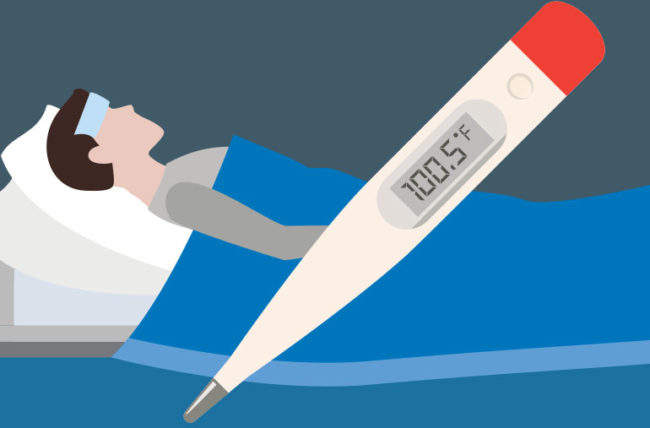What Are the Side Effects of Humira?

Humira, like other medications, can have side effects. Inform your doctor about any side effects you experience while taking this medication.
Common Side Effects
Humira commonly causes the following side effects:
- Back pain
- Headache
- Nausea
- Stomach pain
- Irritation where the shot is given
- Signs of a common cold
If any of these side effects worsen or do not go away, contact your healthcare provider.
Severe Side Effects
If you experience severe side effects, contact your doctor right away. If your symptoms are life-threatening or you believe you have a medical emergency, dial 911. The following are examples of serious side effects and symptoms:
Signs of a urinary tract infection (UTI):
- Fever
- Blood in the urine
- Lower belly pain
- Feeling the need to pass urine many times or right away
- Burning or pain when passing urine
Signs of high blood pressure:
- Dizziness
- Terrible headache
- Change in vision
- Passing out
Signs of an allergic reaction:
- Hives
- Rash
- Wheezing
- Itching
- Peeling skin, with or without fever
- Tightness in the chest
- Trouble breathing, swallowing, or talking
- Swelling of the tongue, face, throat, mouth, or lips
Signs of lupus (autoimmune condition causing inflammation of the joints, skin, and other organs):
- Muscle pain
- Joint pain
- Sunburn easily
- Rash on the cheek
- Swelling in the arms or legs
Signs of infection:
- Cough
- Mouth sores
- Fever
- Ear pain
- Wounds that will not heal
- Change in color of sputum
- Pain with urinating
Signs of liver problems:
- Dark urine
- Pale skin
- Fever
- Easy bruising
Other severe side effects:
- A growth or lump on the skin
- Red bumps and patches filled with pus
- Weight loss without trying
- Night sweats (extreme perspiration as you sleep)
Humira comes with a boxed warning about the increased risk of serious infections, such as tuberculosis (TB, a lung disease), bacterial sepsis (a serious, life-threatening reaction to an infection), and invasive fungal infections. Before starting Humira, your healthcare provider may test you for latent tuberculosis (TB bacteria in your body that is not active) and monitor you for active TB while you are taking it.
The FDA also warns about the risk of lymphoma and other cancers developing in children and adolescents who take TNF blockers like Humira.










